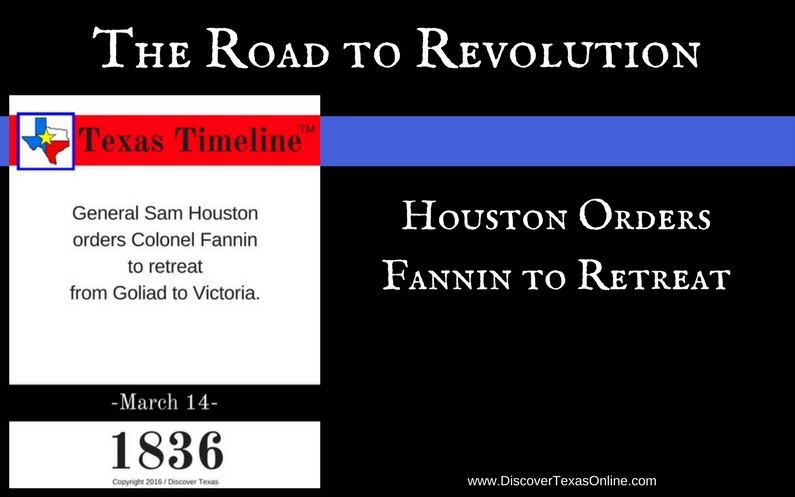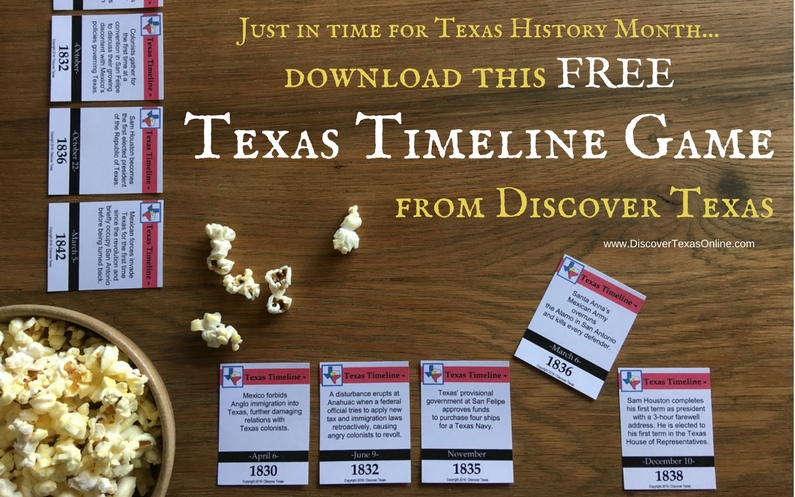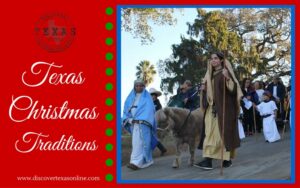 Colonel James Fannin was a man with great potential . . . and an Achilles heel.
Colonel James Fannin was a man with great potential . . . and an Achilles heel.
Raised on a plantation near Marion, Georgia, he entered the United States Military Academy at West Point when he was just 15 years old . . . but he withdrew after only two years.
In 1834 he brought his wife and daughters to Velasco, Texas where he settled as a plantation owner . . . but he was actually trading slaves–a practice forbidden to colonists under Mexican law.
Fannin was an enthusiastic supporter of the Texas Revolution, took part in the Battle of Gonzales and co-lead the Battle of Conception with Jim Bowie . . . but when Sam Houston offered him a commission with the Texas Army he declined and instead urged the General Council to start up an auxiliary volunteer corps.
Houston eventually did commission Fannin as a colonel in the Regular Army of Texas, putting him in charge of enlisting reinforcements and securing war supplies for the siege of Bexar. But when Bexar was surrendered within days, Fannin returned to his role as an agent of the General Council by recruiting volunteers for an expedition to Matamoros. Houston distanced himself from that expedition . . . but Fannin was elected colonel of the Provisional Regiment of Volunteers at Goliad and acted as commander in chief of the army from February 12-March 12, 1836.
For months leading up to this position, Fannin had been discontent–and it showed. His training led him to expect the discipline of a regular army, and he didn’t adjust well to leading volunteer forces. Though they elected him colonel, Fannin scorned the whole idea of “electing” officers. Many of the volunteers under his command perceived him as arrogant and ambitious, and these traits earned him no favor in their eyes. J. G. Ferguson wrote in a letter to his brother:
I am sorry to say that the majority of the soldiers don’t like [Fannin]. For what cause I don’t know, whether it is because they think he has not the interest of the country at heart, or that he wishes to become great without taking the proper steps to attain greatness.
Fannin was so unhappy with his situation that he wrote repeatedly during these weeks asking to be relieved of command!
When the Mexican Army under General Jose de Urrea occupied Matamoros before Fannin could make plans to take his expedition to the city, he fell back to strengthen Texas’ defenses at Goliad, quartering his troops at the old fort there, Presidio La Bahia.
When appeals arrived on February 25 from Col. Travis at the Alamo siege, General Sam Houston ordered Fannin to relieve the Alamo where his 300 men and 4 artillery pieces were sorely needed . . . but Fannin delayed. He did not leave for San Antonio until three days later. Though San Antonio was only 90 miles distant, Fannin’s wagons broke down while they were still within sight of Goliad. With little food, some of his troops barefooted, and such general disorder that oxen teams were allowed to wander off in the night, Fannin’s men never made it much further, and when the Alamo fell after almost two weeks, they were no nearer.
The Mexican Army under General Urrea then proceeded to Goliad . . . but on March 12, Fannin decided to dispatch a majority of his men to aid Texans near Refugio.
On March 14, Fannin received orders from Gen. Houston to retreat to Victoria . . . but instead he waited for the forces he’d sent to Refugio to return.
On March 19, after learning that his men had been captured, he finally began his retreat . . . but he and his men were surrounded and forced to surrender.
Looking back, it seems clear that Fannin was a passionate patriot, but his personal ambition, habit of dissembling, poor judgement, and unwillingness to follow orders resulted in a brave but tragic end.
Teaching Tips:
- Plan a field trip to La Bahia (Fort Defiance) at Goliad…or tour the entire Texas Independence Trail!
- Discuss the importance of balancing personal ambition with the need to sacrifice for the good of others.
- Discuss what can happen when we “shade” the truth.
- Discuss how we can learn from mistakes to develop more mature judgment . . . and what happens when we don’t learn from our mistakes.
- Discuss the importance of authority and of following instructions.
- For a fun way to understand and remember the events of the Texas Revolution, download our FREE Texas Timeline Game!



